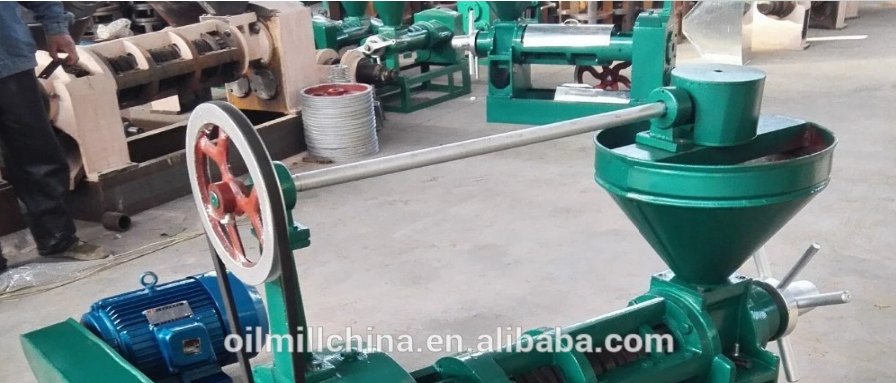Nov . 02, 2024 10:56 Back to list
best vegetable oil refining unit
The Best Vegetable Oil Refining Unit A Comprehensive Overview
In the modern era, the demand for high-quality edible oils has surged significantly, driven by health consciousness and culinary preferences. To meet this demand, the vegetable oil refining industry has emerged as a vital component in ensuring that oils are safe, palatable, and nutritious. Choosing the best vegetable oil refining unit requires an understanding of various factors that contribute to efficiency and quality.
A vegetable oil refining unit serves the critical purpose of removing impurities, free fatty acids, and unwanted colors and odors from crude vegetable oil. The refining process typically includes neutralization, bleaching, and deodorization. Each of these stages employs different techniques and technologies to achieve the desired oil quality.
Neutralization is the first step in the refining process, where free fatty acids are saponified using alkaline solutions, such as sodium hydroxide. This not only improves the oil's stability and shelf life but also enhances its flavor profile. The best refining units utilize advanced methods and equipment to ensure that this process is conducted efficiently, minimizing oil loss and maximizing yield.
Following neutralization, the oil undergoes bleaching. This stage involves the removal of pigments and other impurities that can affect the oil's color and clarity. Quality refining units use superior bleaching earths and adsorbents to achieve optimal results. The effectiveness of the bleaching process is crucial, as it influences the final appearance and marketability of the product.
The last step in the refining process is deodorization. Oils often carry undesirable smells and flavors, which can impact consumer acceptance. Deodorization employs steam distillation, where steam is passed through the oil at high temperatures to strip away volatile compounds. A top-tier refining unit incorporates advanced deodorization techniques that ensure a clean and neutral flavor without degrading the oil's nutritional value.
best vegetable oil refining unit

Technology and Equipment
The technology and equipment used in a vegetable oil refining unit play a significant role in determining its efficiency and output quality. Modern refining units utilize automation and process control systems that allow for precise monitoring and adjustments throughout each phase of the refining process. This not only enhances the quality of the oil produced but also reduces waste and energy consumption.
Furthermore, the integration of eco-friendly practices, such as waste management and energy recovery systems, is becoming a crucial factor in evaluating the best vegetable oil refining units. The industry's shift towards sustainability not only meets regulatory standards but also aligns with the growing demand for environmentally conscious products by consumers.
Conclusion
In conclusion, the best vegetable oil refining unit is characterized by its advanced technology, efficient processes, and commitment to sustainability. By focusing on the essential steps of refining—neutralization, bleaching, and deodorization—combined with modern technology and eco-friendly practices, these units can produce high-quality vegetable oils that meet the demands of today's health-conscious consumers. As the market continues to evolve, investing in top-tier refining units will remain critical for players in the vegetable oil industry striving for excellence.
-
Oil Processing Equipment - High-Efficiency Flaking Machine
NewsJul.25,2025
-
High-Efficiency Peanut Oil Refined Machine for Quality Oil Production Leading Exporters & Companies
NewsJul.08,2025
-
High Efficiency Sunflower Seed Oil Press – Leading Cooking Oil Press Machine Factories & Suppliers
NewsJul.08,2025
-
High-Efficiency Soybean Oil Press Machine – Leading Exporters & Reliable Companies
NewsJul.07,2025
-
High-Efficiency Seed to Oil Extractor – Reliable Extraction Machinery for Your Business
NewsJul.07,2025
-
High-Quality Pressing Screw of Oil Expeller for Efficient Oil Extraction Leading Exporters & Manufacturers
NewsJul.06,2025
